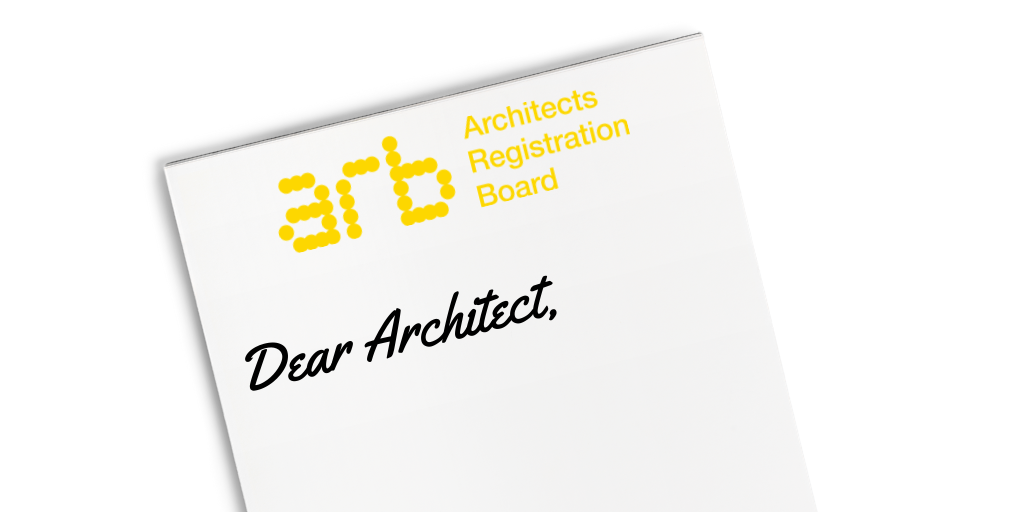
Good communication
The quality of communication is important to clients and will have a significant impact on their perception of how well a project has been carried out. A problematic project can be smoothed by excellent client care, just as a scheme running on budget and on time can be spoiled through infrequent or unclear contact.
Adapt to your audience
You will often hold a pivotal and unique role within a project, and this will require you to be able to communicate effectively – and differently – with a number of parties. The ability to adapt communication styles will serve you well.
Domestic clients, who may not have undertaken an architectural project before, are likely to be unfamiliar with construction industry terminology or common practices. For this type of client, we recommend explaining things with context and in simple language to help reduce the risk of a misunderstanding developing into a dispute.
Put it in writing
The written terms you give to your clients at the outset of the project are particularly important. Robust terms are an expectation under the Architects Code, but also a valuable tool for ensuring clients are well informed.
Taking the time to create standard guidance for your typical clients can help you save time later on. You can maximise the benefit of that guidance by using it as a reference point to talk through with your client at an early stage of the project.
Keep the conversation going
Standard 6 of the Architects Code includes the expectation to keep clients informed of progress and any issue which may significantly affect project quality or cost. In our experience, clients would rather have too much communication than too little. Be particularly careful to avoid long periods of quiet, even if work is proceeding smoothly. Diarising project updates is a good way to leave clients feeling confident in your management.
Quick tips
- See Standard 4 of the Architects Code for guidance on what to include in you terms of engagement
- Keep a note of your client’s expectations, particularly in relation to budget
- Keep a written record of your project and correspondence so you can provide details more easily
- Ask your client the best way to communicate with them
- If your client prefers to communicate by phone, take a note of what was said and consider sending it to them to confirm your understanding
- If you are unsure of what a client wants, ask for written clarification
- Record any changes to your instructions
- If you have to take time away from a project, let your client know when you’ll be back and who will handle the project in your absence
- Never respond in haste or in anger – ask an independent person to check your reply, particularly if it relates to a dispute or criticism
- Ensure your website contains up to date information and clearly outlines jobs roles and duties
If you’d like further advice you can visit our website or contact us the Professional Standards team (professionalstandards@arb.org.uk / 020 7580 5861).


